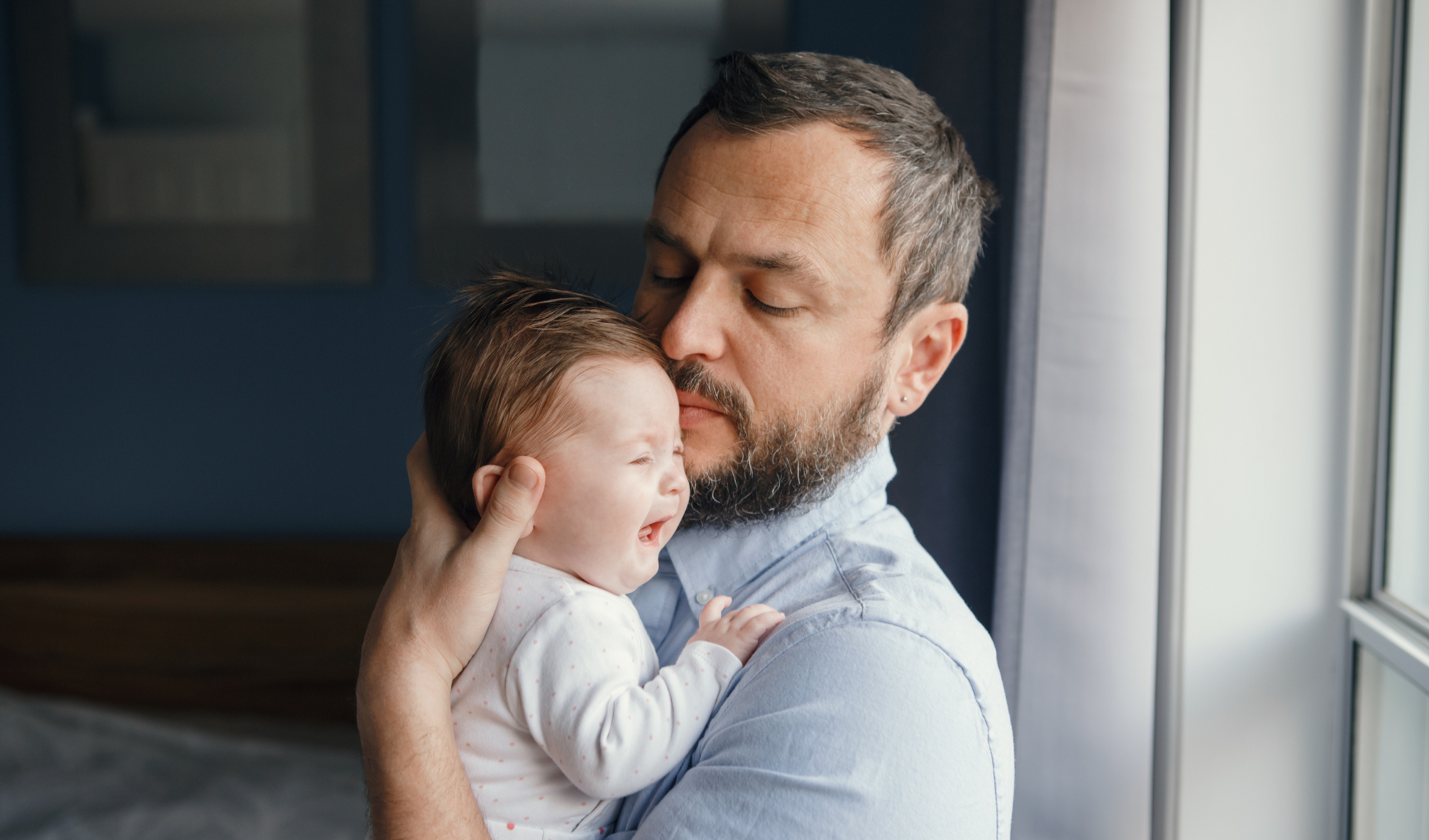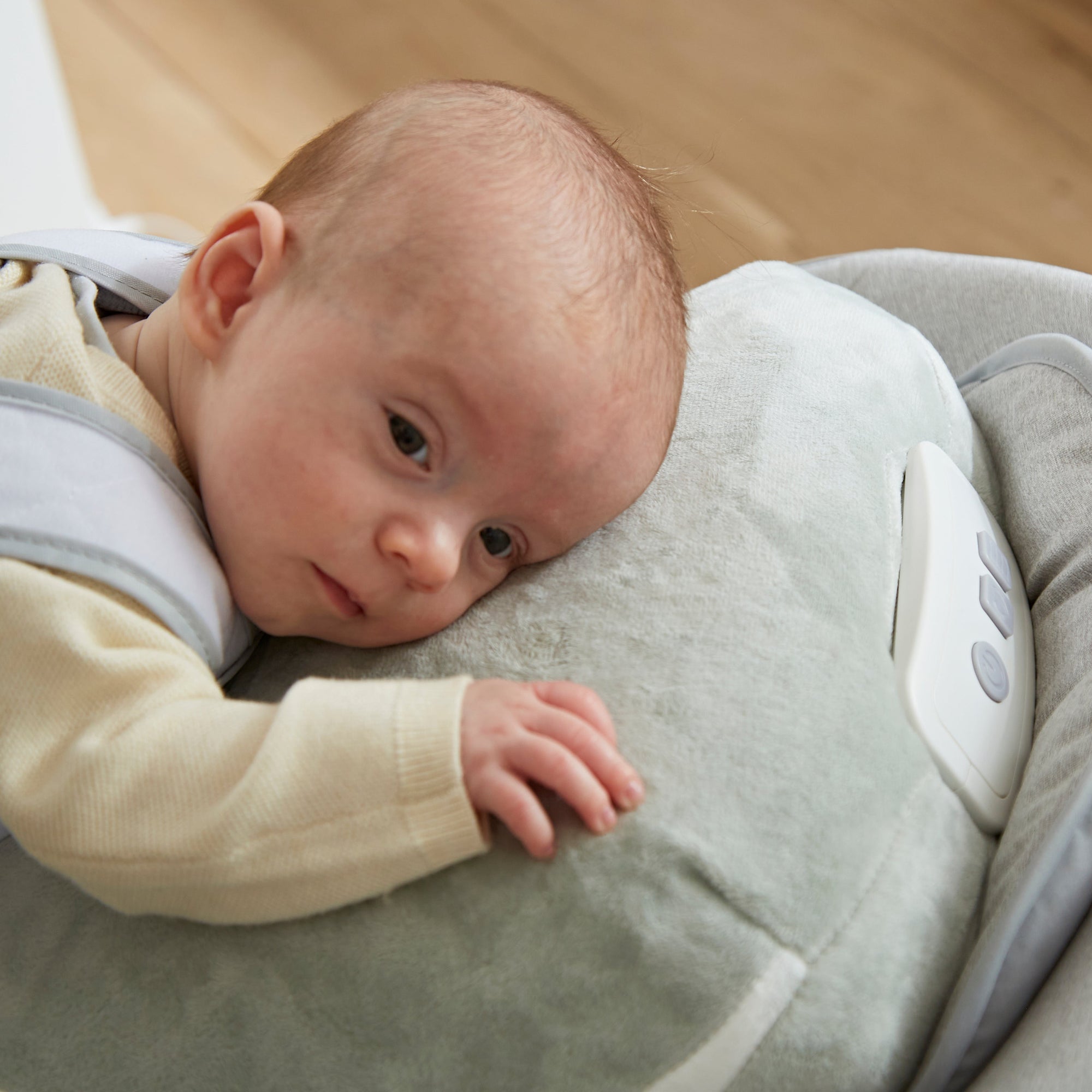Like older children and adults, babies can have allergies to the foods they eat, the things they touch, and the unseen particles they inhale in the home or outdoors. When your baby has symptoms of any kind, it can be difficult to figure out what’s wrong because a little one can’t describe their symptoms.
A baby may have several different allergies, but they can usually be grouped into one of three categories:
- Food and Medicine
- Environmental
- Seasonal
Allergic reactions to food or medicine usually occur soon after an item has been consumed. Reactions can be mild or life-threatening. Environmental allergies can be things that affect your baby's skin, like clothing detergent or things that are inhaled, like dust.
Your baby can be affected by environmental allergies all year round. Nonetheless, seasonal allergies typically appear during different times of the year, or in specific locations. They tend to originate from trees and other plants growing outdoors. Often the word "hay fever" is used to describe such allergies.
Signs of Allergies
If the body's immune system responds abnormally to substances that are usually harmless, an allergic reaction occurs. Signs of an allergic reaction can differ greatly depending on the type of allergy and the person.
Babies are much less likely to experience some of the allergies that some older children or adults experience, because you must be exposed to certain allergens for some time before becoming allergic to them. For example, seasonal allergies are rare in infants as they haven't lived through a season or two with high pollen counts. Therefore, most forms of seasonal allergies for example before age 1–2 are rare.
Food and Medicine Allergies
Symptoms of an allergy to food or medication may occur within a few minutes, or an hour or two later. Many symptoms of an allergy to medication, such as rashes, may even not occur for a few days. The most common symptoms of allergies in food and medicines include hives or rashes, itching, wheezing or shortness of breath.
Food allergies can also result in nausea, vomiting, or abdominal pain. In some cases, your baby’s lips or tongue may start to swell. In the US, the eight most common food allergens are dairy products such as milk as well as eggs, peanuts, tree nuts, soy, wheat, fish and shellfish.
Environmental Allergies
While uncommon in infants, allergies to dust, pets, mould, pollen, insect stings and other environmental conditions may cause symptoms of allergies that affect the head and chest, such as:
- Sneezing
- Red and itchy eyes
- Coughing, wheezing, and chest tightness
- Runny nose
Your baby may develop hives, a rash, or itchy bumps if their skin is exposed to an allergen or something they’re allergic to. Shampoos, soaps and detergents for example, are common causes for a contact dermatitis reaction.
Common environmental allergy causes include pet dander, such as from a house cat or dog, mould, dust mites, household cleaners, detergents or soaps and shampoos.
Seasonal allergies
The main symptoms of seasonal allergies, which are usually caused by plant-based allergens, are similar to environmental allergy symptoms, and may include:
- Sneezing
- Itchy or watery eyes
- Coughing
- Runny nose
If your baby has these symptoms only at certain times of the year, they may have seasonal allergies.
When to seek help for allergies
When very mild symptoms rapidly come and go, take note of what has happened and what could have caused it. Has your baby been visiting a new playground, or a home with pets? Have they eaten a new food recently? Have you switched detergents or started using a new cleaning product?
Usually, mild symptoms do not warrant a doctor's visit, but it's worth noting for the next appointment of your baby or if you find those signs again. Nevertheless, if symptoms intensify or don’t subside within one day, contact your paediatrician.
Our children seemed to have some sort of a rash every other week from when they were just a few weeks old! The first time this happened I was really worried - I was bathing our daughter Amy when she was quite tiny and once she was in the water a rash appeared all over her body, particularly on her back and tummy. She was covered in red blotches and I thought the worst and rushed her to hospital where I was calmly told it was just the tail end of a viral infection! Both our children experienced the same sort of rash several times throughout their childhood and we soon realised that as long as they were in good form, were eating, drinking plenty of fluids and sleeping well and of course after doing the glass tumbler / meningitis test, it was nothing to worry about.
Babies! There’s always something! :)


